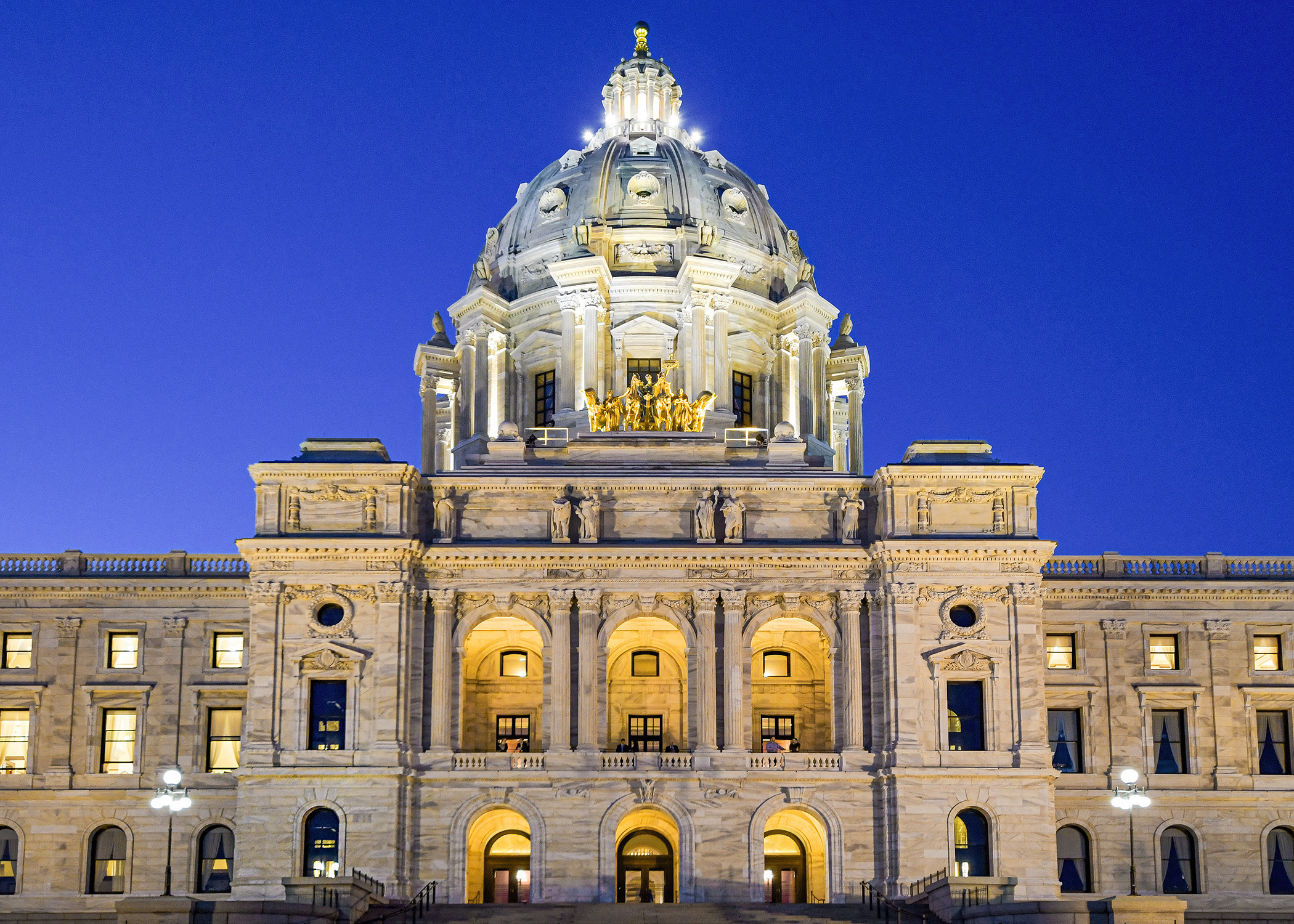Housing panel OKs plan to extend eviction ban beyond emergency pandemic order

Minnesota landlords, generally prohibited from evicting tenants under Gov. Tim Walz's COVID-19 peacetime emergency orders, could be required to wait 60 days before starting most eviction proceedings in the 12 months after the orders expire.
HF12, sponsored by Rep. Alice Hausman (DFL-St. Paul), would only allow immediate evictions during the 12-month period in the most serious circumstances, such as if a tenant unlawfully destroys property, not for rent nonpayment.
Mortgage lenders would also be required to wait 60 days before filing foreclosures.
On Thursday, the bill was approved, as amended, along party lines by the House Housing Finance and Policy Committee and referred to the House Judiciary Finance and Civil Law Committee.
Its companion, SF491, is sponsored by Sen. Kari Dziedzic (DFL-Mpls) and awaits action by the Senate Civil Law and Data Practices Policy Committee.
To prevent increased homelessness during the yearlong stretch of heightened unemployment caused by the pandemic, Walz has used his emergency powers to bar most eviction proceedings.
While the economy has improved in recent months and millions of dollars in rental assistance have been distributed, tens of thousands of Minnesotans remain behind on rent, housing advocates say. They worry about a surge in eviction filings if the governor's emergency powers expire without legislative action.
"We need an off-ramp for the eviction moratorium," Hausman said.
Under the bill, the 60-day waiting period would start when a landlord gives a tenant written notice that he or she plans to file an eviction.
During the remainder of the peacetime emergency and the following 12 months, tenants couldn't be kicked out unless a serious violation is committed or a landlord's immediate family member plans to move into the unit.
Landlords also couldn't raise rent by more than 6%, couldn't raise it more than once and would be prohibited from charging late fees when tenants don't pay rent because of COVID-19-related income losses.
Housing advocates said the bill could give tenants and landlords time to problem-solve without going to court. But Cecil Smith, president and CEO of the Minnesota Multi Housing Association, said it could put small landlords at risk, urging a focus on distributing federal housing-assistance funds included in recent relief bills.
He and Rep. Tama Theis (R-St. Cloud) also oppose capping rent increases.
Hausman said the bill remains a work in progress.
Related Articles
Search Session Daily
Advanced Search OptionsPriority Dailies
Legislative leaders set 2026 committee deadlines
By Lisa Kaczke Legislative leaders on Tuesday officially set the timeline for getting bills through the committee process during the upcoming 2026 session.
Here are the three deadlines for...
Legislative leaders on Tuesday officially set the timeline for getting bills through the committee process during the upcoming 2026 session.
Here are the three deadlines for...